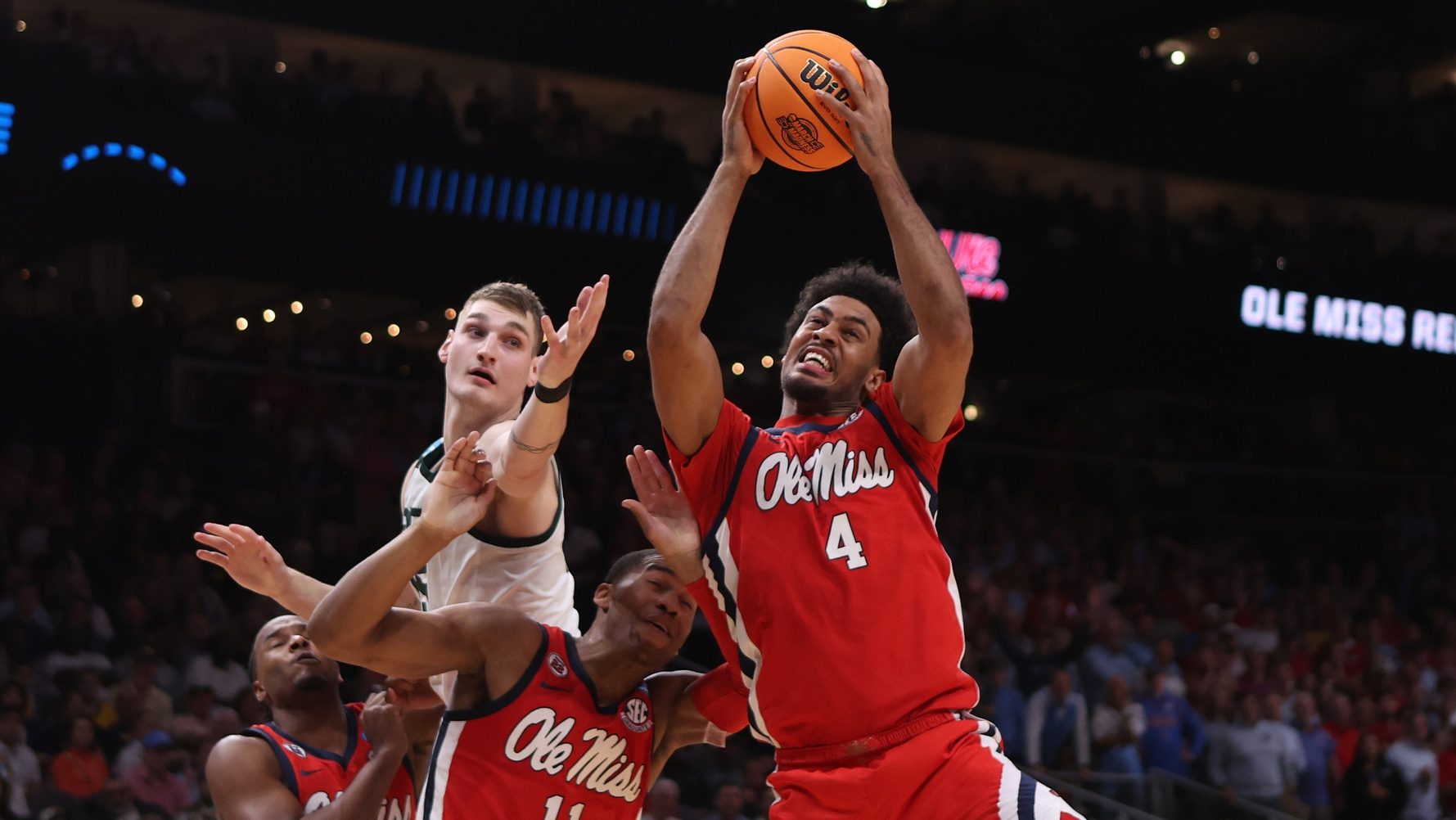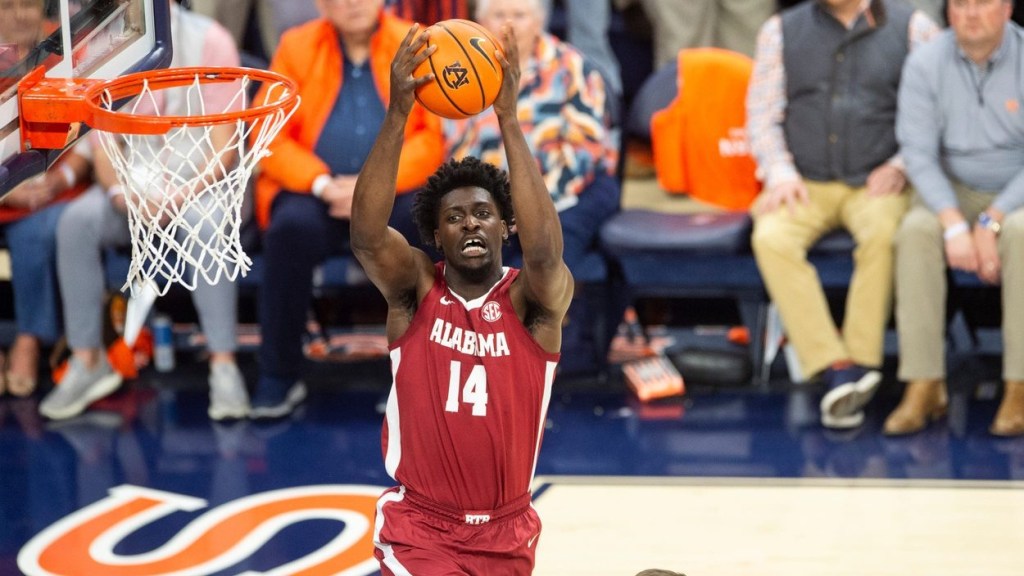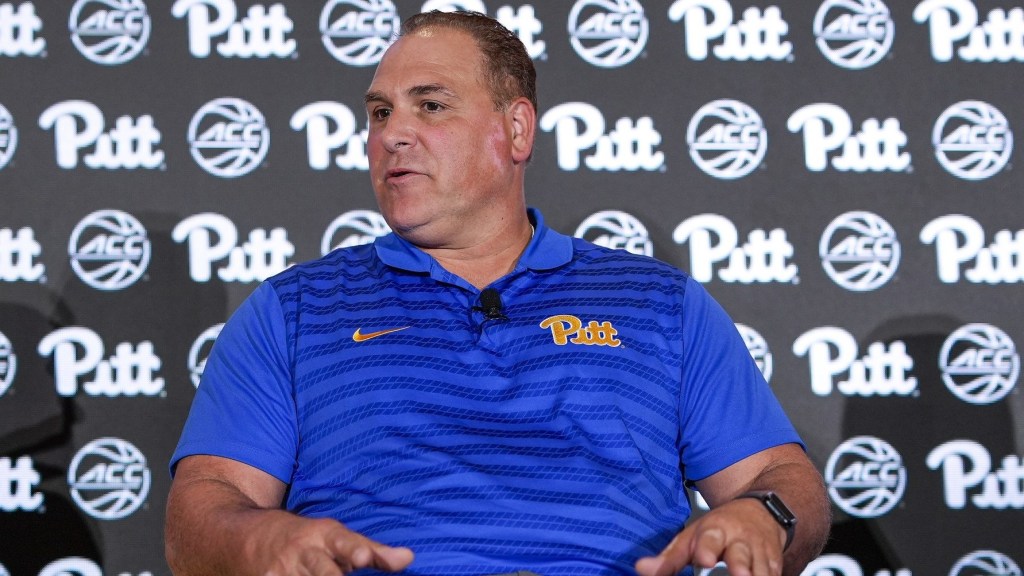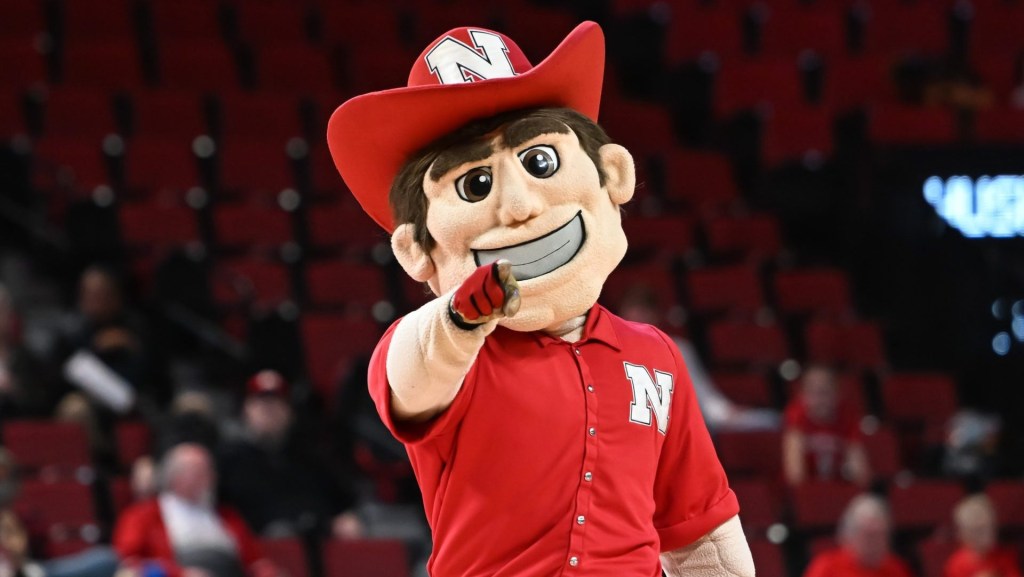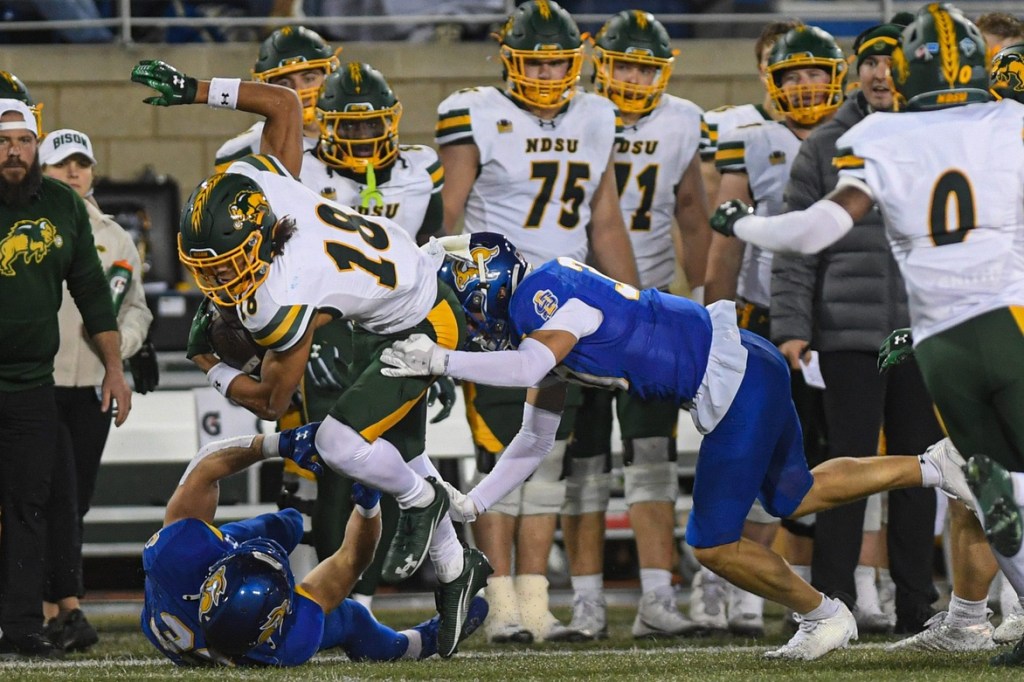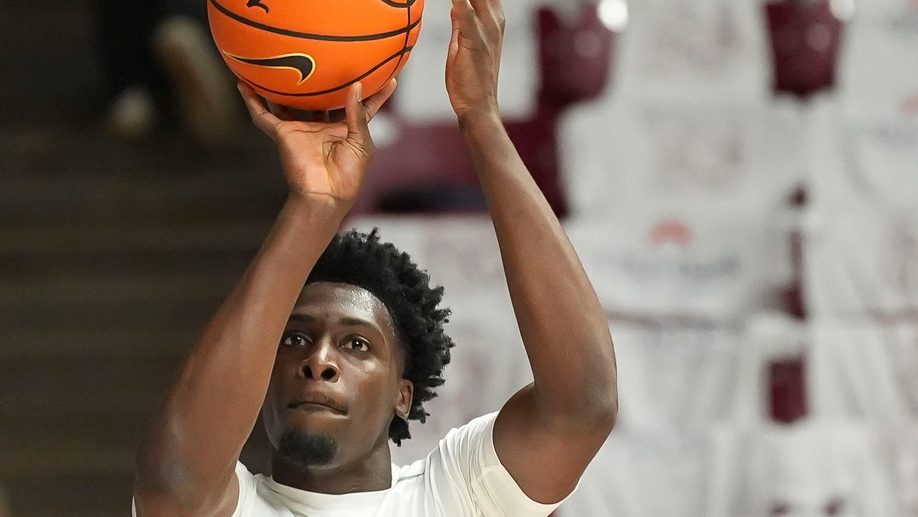In the SEC, storming the field just means more money.
On Thursday, the conference announced it was raising its fines for field or court storming to $500,000, doing away with its previous policy, which increased the fine for multiple offenses. However, the school won’t be subject to the fine if it prevents contact between fans and opposing players, staff, and game officials.
The SEC implemented the original policy in 2023 over safety concerns of field storming, with a first offense costing a school $100,000. A repeat offense increased the fine to $250,000, and it rose to $500,000 for a third. The fine wasn’t paid to the conference, either—it was paid to the school on the receiving end of the court or field storm.
The system did little to prevent storming as multiple schools, including Ole Miss and Vanderbilt, incurred fines totaling $350,000 over the course of this past college sports season. Vanderbilt athletic director Candice Lee could be seen telling students not to storm the court: “Let us use the money for NIL,” she said. But Vanderbilt got hit with a third fine in January—$850,000 in total.
As the college sports world awaits approval of the House v. NCAA settlement, which will allow schools to revenue-share with players, the $500,000 penalty could be seen as especially costly.
The SEC schools affected by the fines also helped the conference change the way it looked at its own policy. During basketball season, Vanderbilt and Ole Miss started announcing fans could storm the court 90 seconds after the game ended to allow the opponents to leave the court to avoid injury and another fine. In the middle of the season, the SEC signed off on the 90-second policy.
Others took it a step further, such as Missouri coach Dennis Gates, who called timeout in the final seconds of an upset win over No. 1 Kansas to give the Jayhawks time to clear out.
“In a way the pressure to get it right worked well,” SEC commissioner Greg Sankey said Wednesday.
Sankey was noncommittal about applying the 90-second rule to football, which is played in bigger venues than basketball and comes with different logistics.
“Some of the things that happen in football, you’ve got officials on the opposite end of the field trying to swim, climb their way through,” Sankey said. “I’ve watched video all the way through to count the eight [officials] get off and you just lose sight of people. We have to be continually attentive on those matters.”
